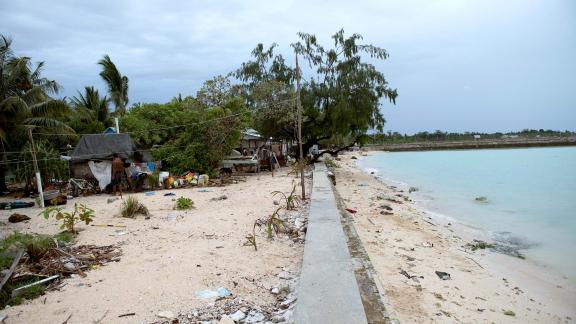THE CLIMATE CRISIS IS UNDERPINNED BY GRAVE INJUSTICE. THE COUNTRIES MOST AFFECTED BY THE CLIMATE CRISIS ARE THE ONES LEAST RESPONSIBLE FOR CONTRIBUTING TO IT.
IPPF’s vision is of a world where all people are free to make choices about their sexuality and well‑being, without discrimination. This vision is threatened by the climate crisis.
As a major healthcare provider and advocate of sexual and reproductive health and rights, IPPF is committed to supporting communities to adapt to the effects of the climate crisis while calling for inclusive, human rights ‑ based, and gender ‑ transformative action to respond to the climate crisis and its impacts at all levels.
What is at stake?
The impacts of the climate crisis on sexual and reproductive health and rights are many. They include reduced or unavailable services in areas affected by disasters, harmful impacts on maternal health due to heat exposure, and increased incidence of sexual and gender‑based violence in situations of humanitarian crises or displacement. As the impacts of the climate crisis become more severe, adverse outcomes for sexual and reproductive health and rights will only increase.
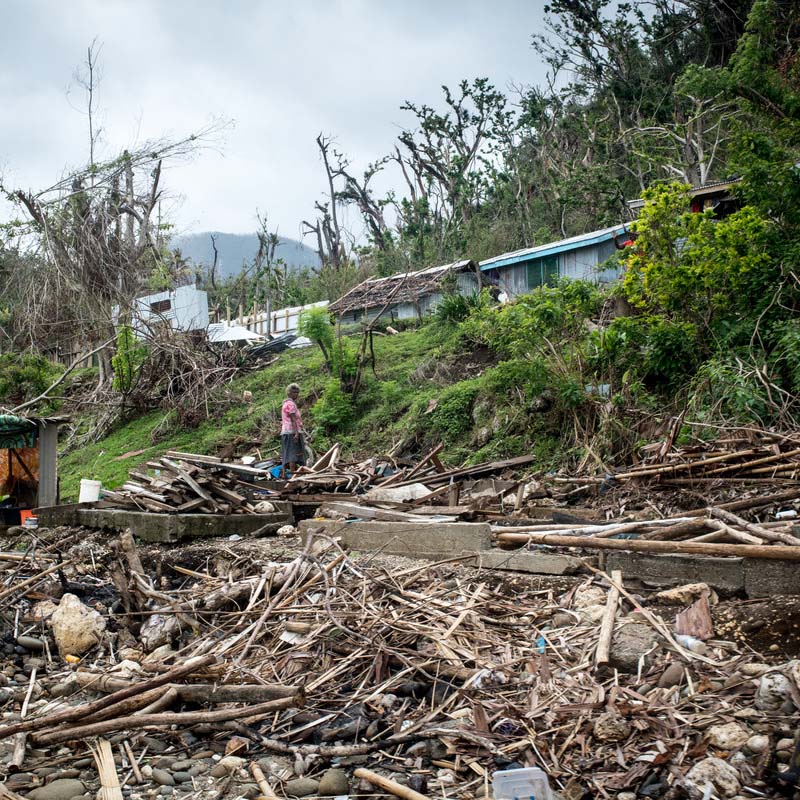
A crisis for sexual and reproductive health and rights
There is no doubt that the climate crisis is one of the key challenges of our time – our planet is in a state of emergency and the time for action is now.
An often overlooked aspect of the climate crisis is how it intersects with sexual and reproductive health and rights (SRHR). The list of impacts of this intersection is devastatingly extensive, and includes:
- Reduced or unavailable services in areas affected by climate-related disasters, meaning access to services like contraception, safe abortion care, and STI testing and treatment is blocked
- Harmful effects on maternal health due to increased heat exposure
- Reduced access to safe water during pregnancy and childbirth
- An increase in sexual and gender‑based violence, and child, early and forced marriages during humanitarian crises or displacement
- Neglect of the health and rights needs of people who typically face marginalization, such as those with diverse sexual orientations, gender identities and expressions, and sex characteristics.

What does IPPF bring?
Global presence, local reach
IPPF is a global healthcare provider and a leading advocate of sexual and reproductive health and rights for all, working with and for communities in more than 140 countries.
We have an established presence in many of the countries and regions most severely impacted by the climate crisis and prone to disasters and prioritise reaching the most marginalized and under‑served communities.
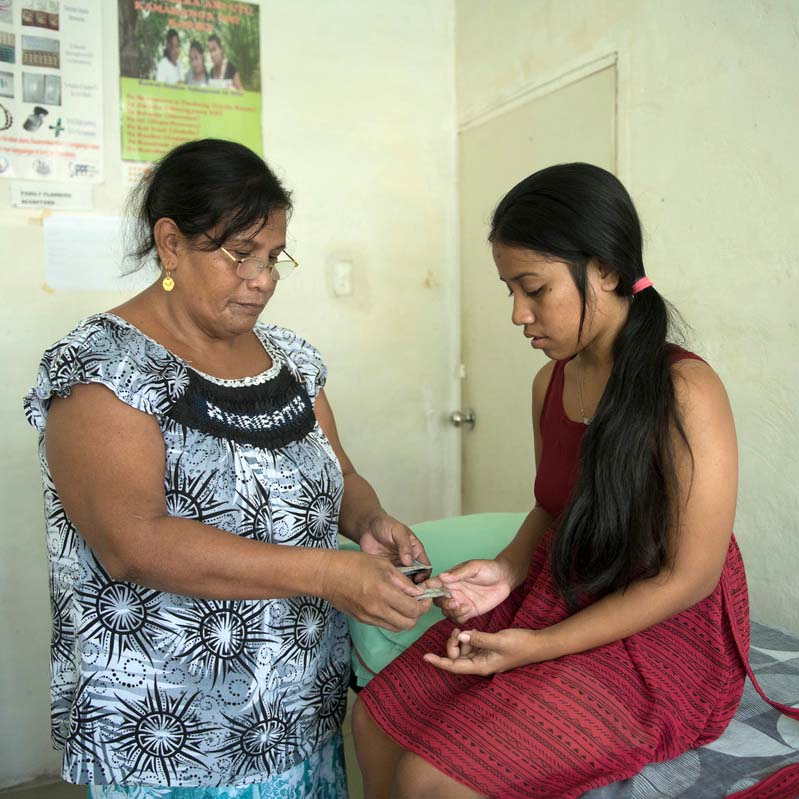
Think sexual health isn’t linked to climate change?
Think again
When considering solutions to the climate change crisis, sexual and reproductive health services might not be the first thing to come to mind – but they could actually play a very important role in positive environmental strategies.
Climate change is largely a result of over-consumption and production in some parts of the world (such as the US and Europe, who dominate in terms of cumulative emissions), while its effects are felt hardest in others. Further, in those hardest hit areas it is the already marginalized groups, including women and girls and those living in poverty, which suffer the greatest consequences.
In this context, achieving sustainable development is crucial to help hard-hit communities become more capable of adapting to the changes brought on by environmental crises.
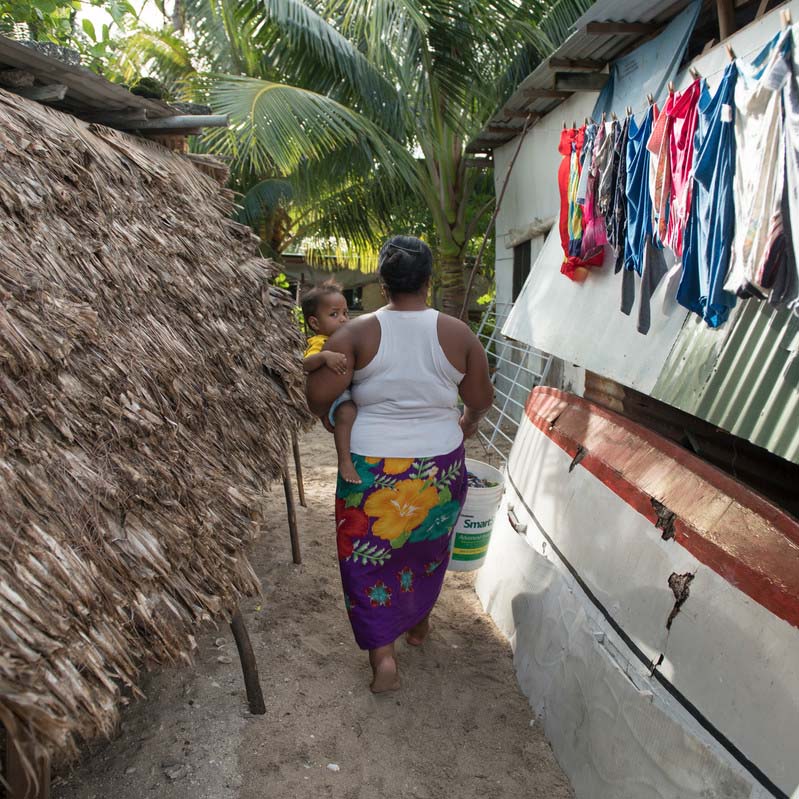
Humanitarian action
As local organizations with well‑established networks of service delivery points, our Member Associations are uniquely placed to provide a comprehensive range of services in humanitarian crises. We are in countries before, during, and after crises, which allows us to maintain and protect the gains of our work and build resilience over the long term.
Focus on marginalized groups and gender equality
IPPF’s work is grounded firmly in a human rights‑based approach and underpinned by a commitment to advance gender equality. We understand that in order to advance health and well‑being and to strengthen resilience, we must address the root causes of inequities and structural barriers faced by marginalized individuals and communities.
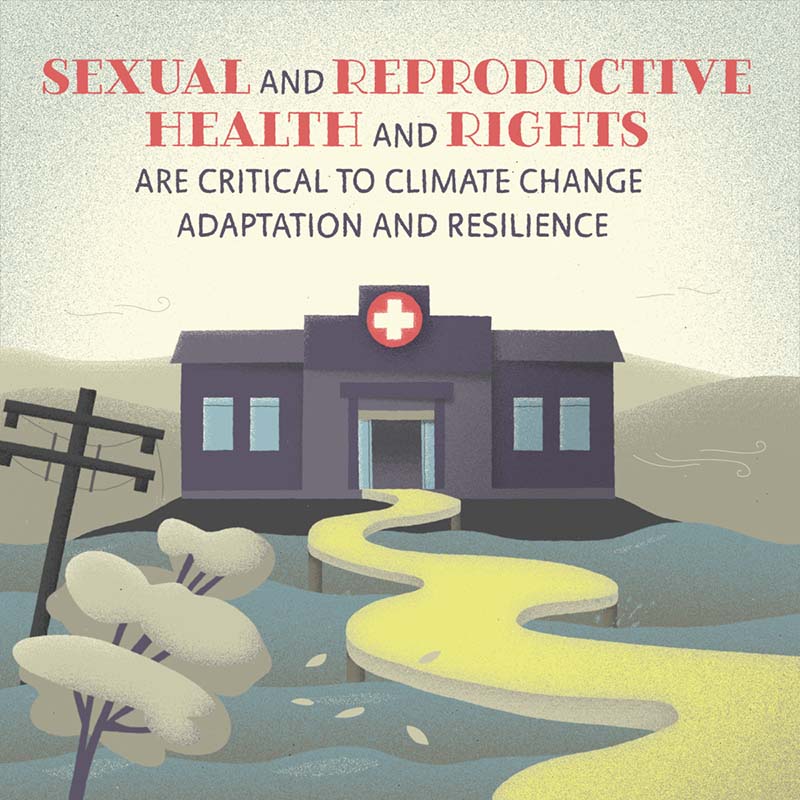
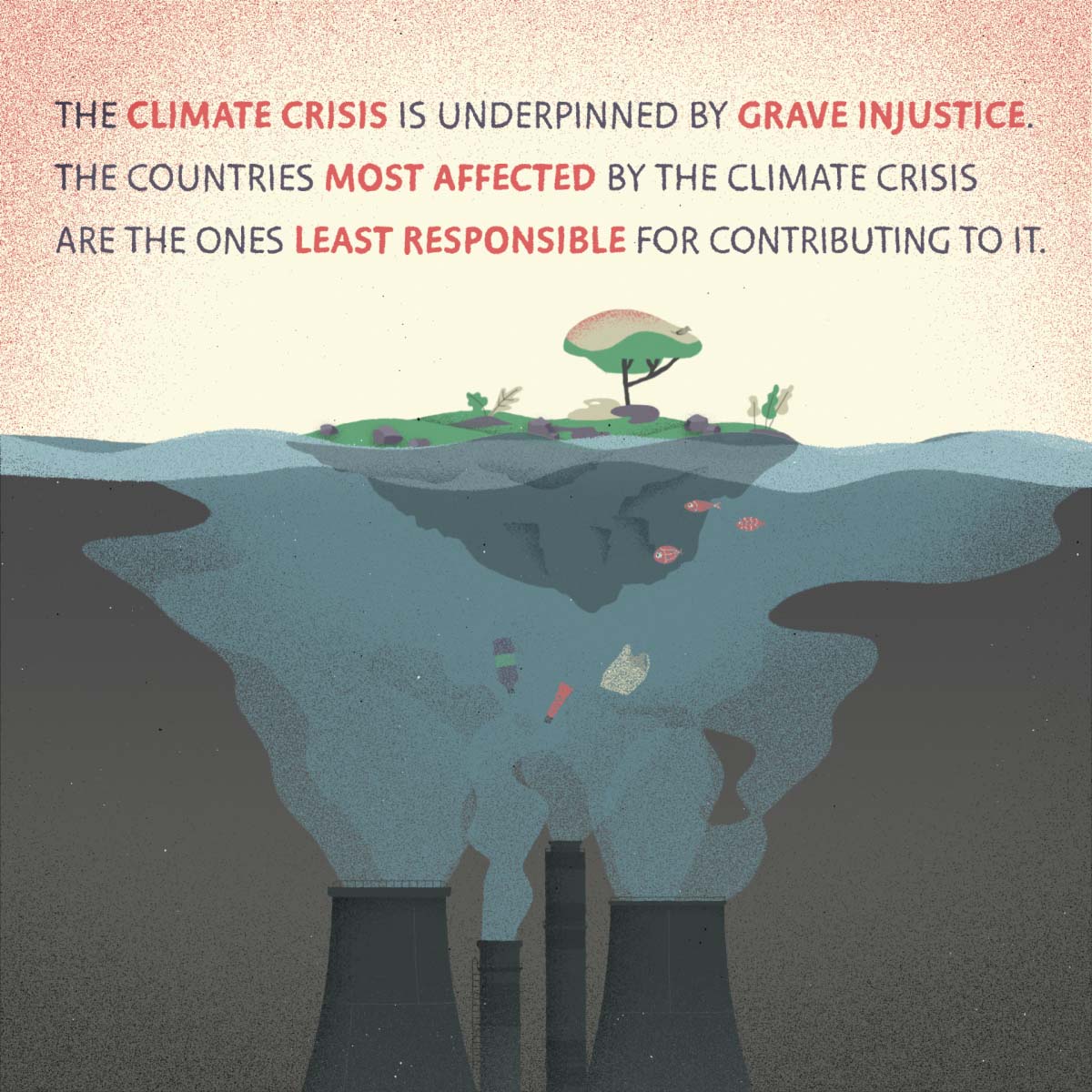
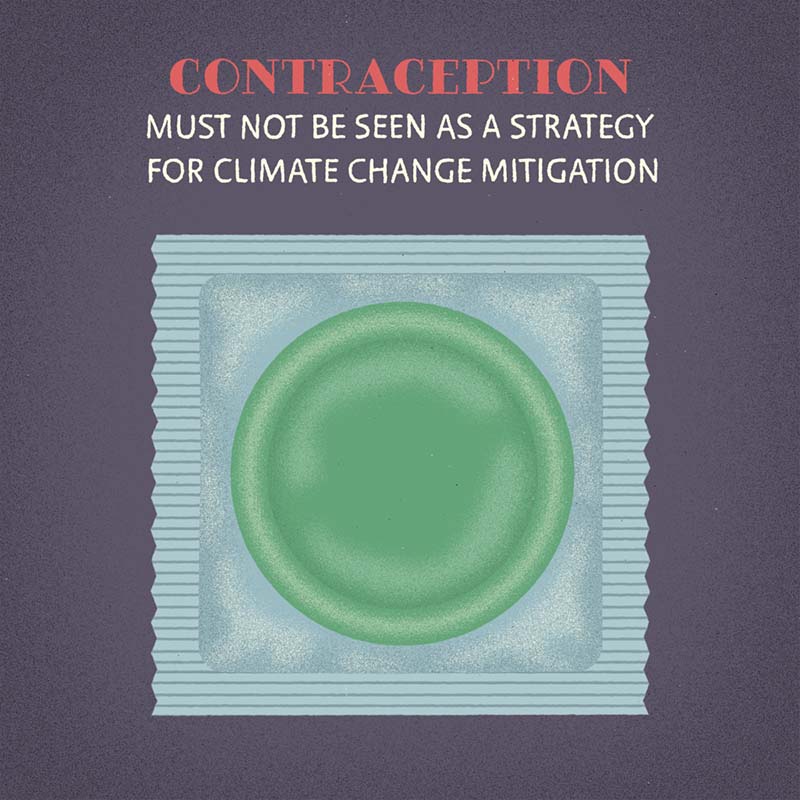
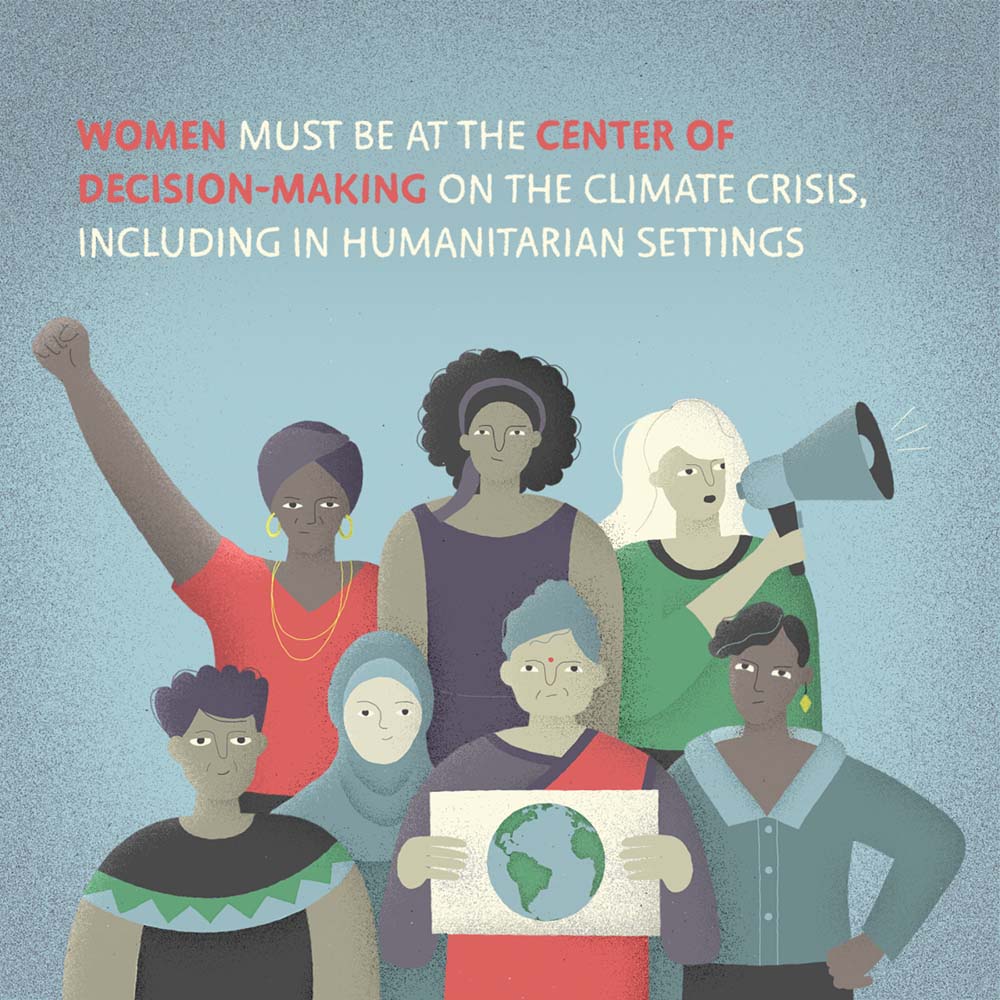
AN IPPF CASE STUDY: Healthcare in the face of the climate crisis in Kiribati
Humanitarian crises
Largely brought on by sudden onset and slow-onset natural disasters, humanitarian crises are increasingly prevalent in the Pacific.
Fragile environments
Low topography, rising sea levels and insufficient fresh water supply leaves Kiribati’s population vulnerable to the effects of the climate crisis.
Coastal exposure
The majority of the population of 115,000 people live a subsistence lifestyle.
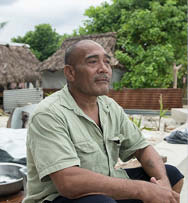
Takaria
Leader and youth organizer
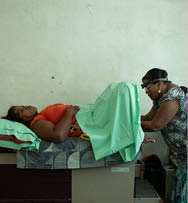
Susan*
Sex worker

Theta
Mother and youth volunteer
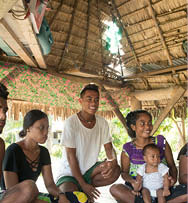
Beitau
Youth volunteer

Abe
Youth officer
when







